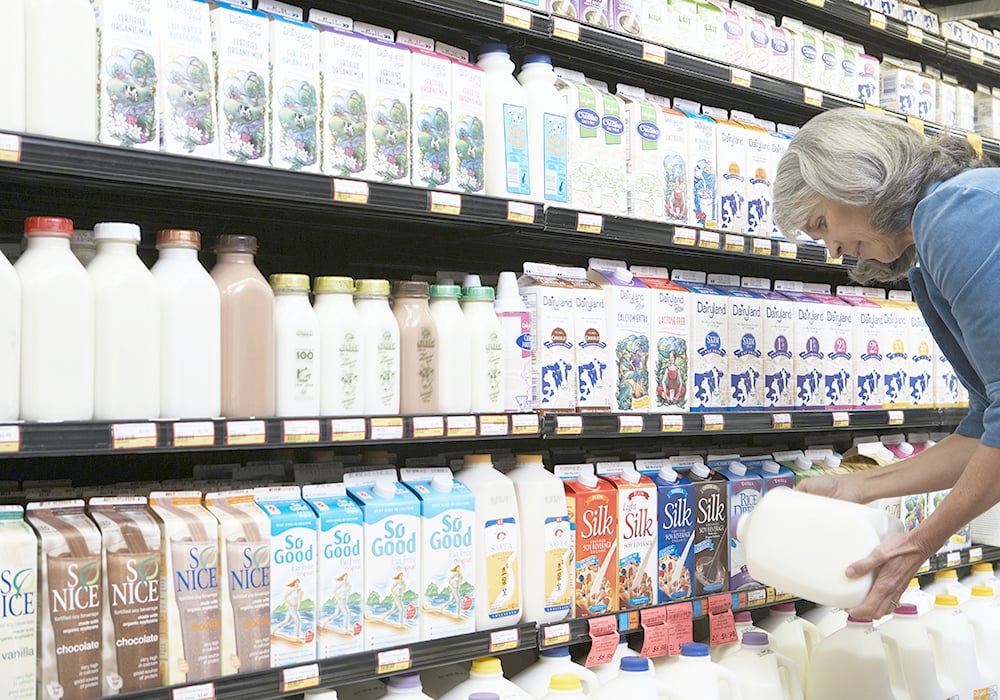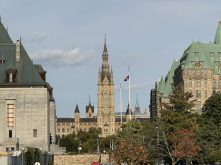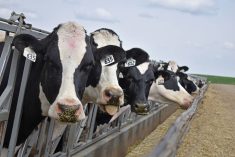The private member’s bill would prevent supply managed sectors from being on the table during future trade negotiations
The bill to enshrine support for supply management in federal legislation is at second reading in the Senate.
Bill C-282 would amend the Department of Foreign Affairs, Trade and Development Act to keep supply managed sectors out of future trade negotiations.
Senator Amina Gerba from Quebec moved second reading, saying she agreed to sponsor the bill in the Senate for three reasons:
- It addresses reliability and sustainability of both food and producers.
- It will protect the sector from changes that are transforming farming, such as climate.
- The bill received considerable support in the House of Commons.
Read Also

Manitoba bans wild boar possession
Manitoba has tightened the regulatory status of Eurasian wild boar in an effort to help fight back against invasive wild pigs.
She said the bill passed 262 to 51 in June, and all four party leaders voted in favour of it. Agricultural exporters such as commodity groups, however, have opposed the bill.
Gerba said the legislation would preserve a specific system that provides benefits. She likened it to when she was a business owner and required shea butter from producers in Burkina Faso.
“We collaborated in a very transparent manner with women who had formed a producer co-operative,” she said during her speech.
They were able to earn fair wages, develop new skills and meet quality standards, she added.
“This is how we helped these women become the very first producers in the world to obtain organic certification for shea butter,” Gerba said.
“That meant value added for their products and the sale price per kilo more than doubled.”
She said C-282 provides the same benefits to Canadian supply managed farmers, just on a larger scale.
Gerba said she acknowledged and respected those who disagree that supply managed sectors should be protected in trade talks.
“I believe that food security for Canadians is a fundamental and unavoidable objective. I would even go so far as to say that it is one of our country’s values and obligations. In that sense, it is non-negotiable.”
She went on to outline the three pillars of supply management and said producers in the system don’t have to rely on government supports to survive.
Another Quebec senator, Clement Gignac, took issue with that, even though he admitted he is a dairy farmer’s son.
“You’re saying that Canadian taxpayers don’t subsidize this program, but the truth is that they pay more for their litre of milk and their dozen eggs than their neighbours south of the border do, and they have not been protected from inflation,” he said.
The price of a dozen eggs has gone up 16 percent while a litre of milk went up 13 percent in 2022, Gignac said. This is indirect subsidization, he added.
Robert Black, Ontario senator and chair of the agriculture committee, asked how the government would handle other sectors that want similar trade protection. Gerba replied it’s up to individual sectors to ask.
And senator Jim Quinn noted that farms, even those under supply management, are at risk for various reasons.
“How will the committee take that into consideration? Do you anticipate that will be raised at committee?” the New Brunswick senator asked.
Gerba said she isn’t a supply management expert but is focusing on Canadians’ needs and food sovereignty.
“Therefore, if other sectors need protection, I believe the government is entitled to put them forward,” she said.
Meanwhile, the Senate approved a motion from the agriculture and forestry committee to extend the deadline for completion of its soil study from Dec. 31, 2023, to Dec. 31, 2024.
















